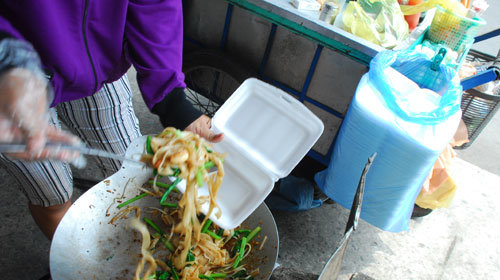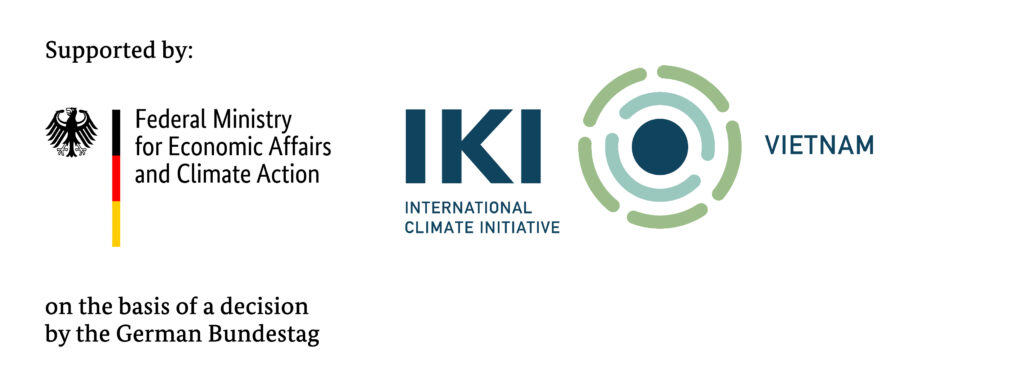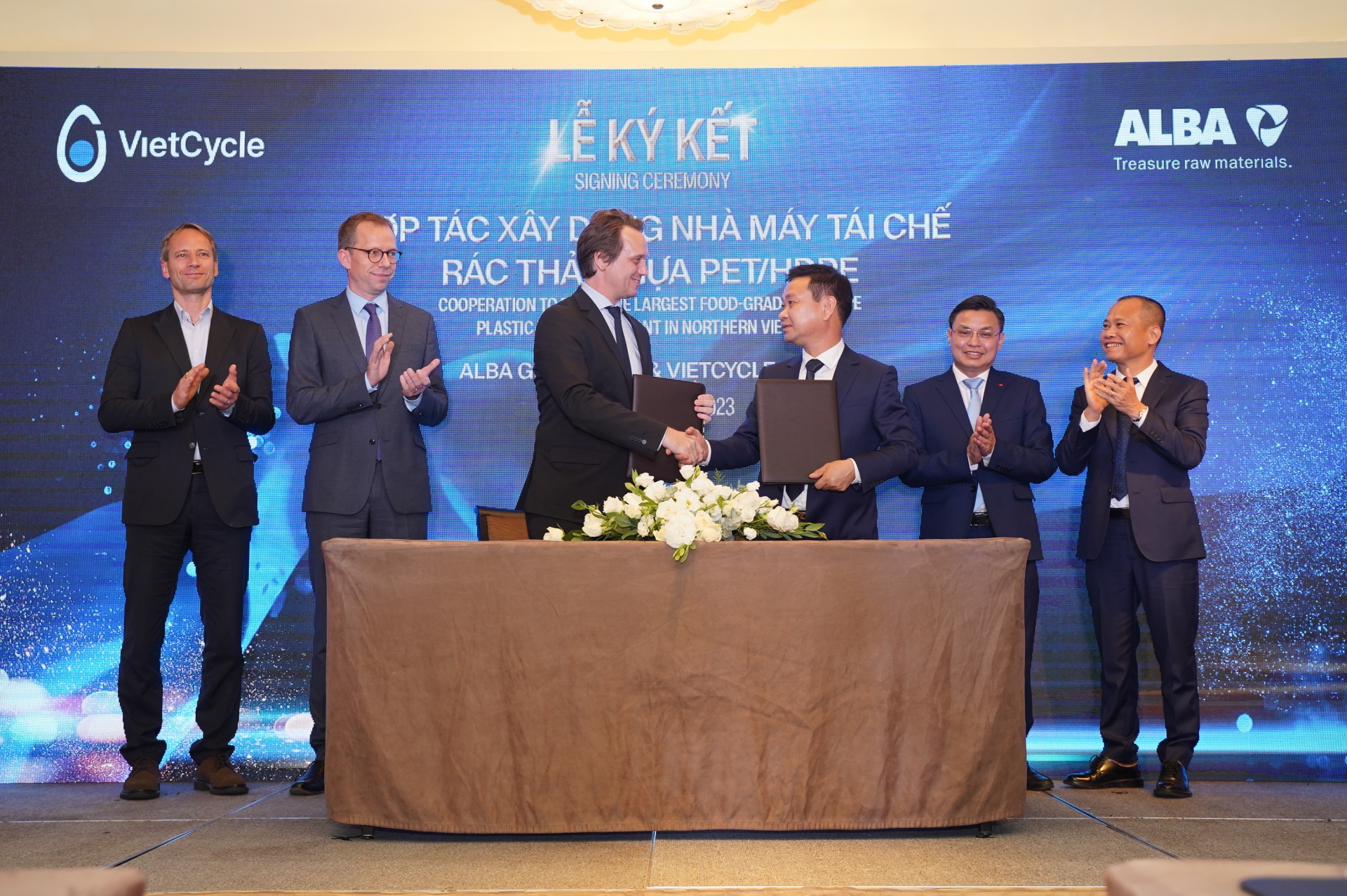One of the significant proposals submitted by the Ministry of Justice to the Vietnamese government under the legislative program for the 15th National Assembly (2021 – 2026) is to expand the tax base and increase the environmental protection tax on non-biodegradable packaging materials.
In details, in addition to taxable plastic bags, styrofoam boxes used for packaging food will be included in the taxable scope under the common name of “non-biodegradable packaging.” The environmental tax rate for non-biodegradable packaging will be increased to be comparable to the rates in other countries. These amendments to the environmental protection law aim to limit the use plastic bags and styrofoam boxes, restrict and suppress the use of alternative products.

According to the Ministry of Finance, styrofoam containers are currently widely used by food processing plants, restaurants, and catering companies as they are not only convenient and easy to use, but also affordable. A survey by the Ho Chi Minh City Waste Recycling Fund found that 93 per cent of local people do not bring their own bags when they go shopping. They, instead, pack their goods in plastic bags provided by stores. In 2020, during the peak of the COVID-19 pandemic, along with the boom of e-commerce and food delivery services, around 2.5 million tonnes of plastics bags were discarded. This amount of plastic waste is significantly higher than the annual average amount of 1.7 million tonnes.
It is warned that the use of this packaging material for food poses considerable risks to health and the environment. Like plastic bags, styrofoam products are difficult to degrade and often take a long time to decompose in the environment (usually it takes 400 – 1,000 years). Despite of measures taken to curb its use, the outcome is barely achieved due to the low-cost use and the households’ unpleasant disposing habits. Vietnam is considered one of the countries with the highest consumption of plastic bags in the world, with an average of 1 kg of bags per household per month. In Hanoi and Ho Chi Minh City alone, about 80 tons of plastic and plastic bags are disposed daily (most of which are difficult to decompose).
Like many other countries, Vietnam imposes an environmental protection tax on non-biodegradable plastic bags as one of the main instruments to reduce their use. However, the tax rate of VND50,000/kg is relatively low compared to other countries. Furthermore, as the tax based on bulk weight was applied, companies started producing thinner bags that have a greater impact on the environment. To avoid those, some countries impose the tax to account for the number of bags rather than their weight. For example, the tax rate is 5 penny/bag in the UK, equivalent to 1,400 VND/bag; 22 cents/bag in Ireland, equivalent to 6,600 VND/bag; 50 cents/bag in Hongkong, equivalent to 1,500 VND/bag. Meanwhile, China, India, and Taiwan has banned plastic bags which are thinner than 0.025, 0.05, and 0.06 mm, respectively.
While the tax was expected to bring in VND20 trillion ($900 million) per year (when the previous tax rate of VND40,000 per kg applied before 2019), actual numbers have been much lower. According to the finance ministry, only VND54 billion ($2.3 million) was collected annually, accounting for just 0.3 per cent of the expected amount.
The huge gap between the expected and actual plastic tax revenue is mostly due to tax evasion and regulatory loopholes, which also allow bag sellers to maintain their low prices. The regulations state that individuals and companies that manufacture, import or buy plastic bags from others to package their homemade products do not need to pay tax. Enterprises that should not qualify for this loophole have many ways to evade tax. For example, fertilizer and cigarette companies often outsource their packaging to plastic bag companies to avoid the tax.
Expand the tax base and increase the tax rate seems to be significant measures to reduce the plastic use. However closing loopholes in the current regulatory system is truly vital to cease tax evasion that has caused huge financial losses for the State and limited the effectiveness of the tax.

